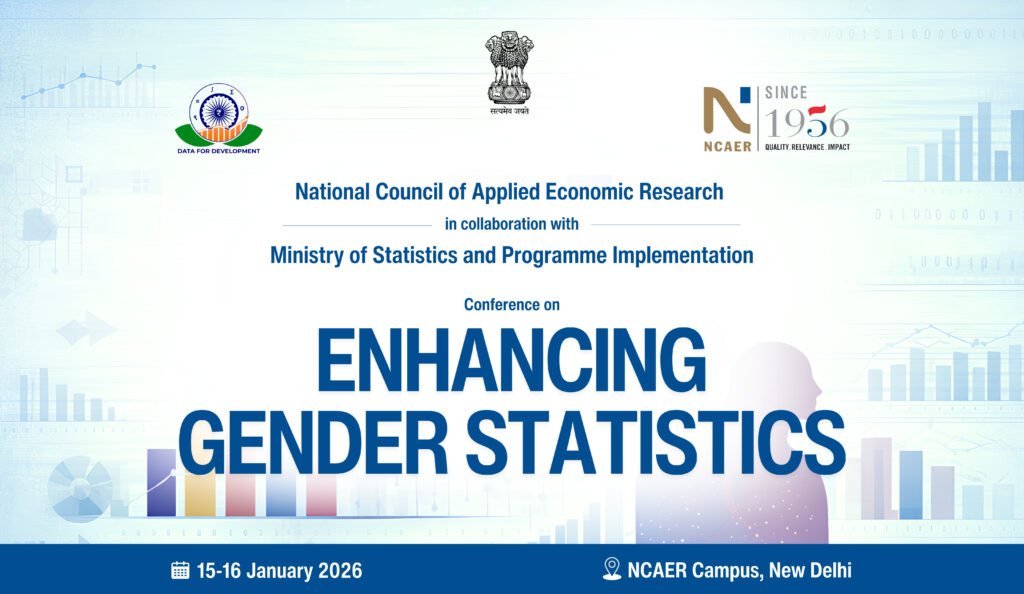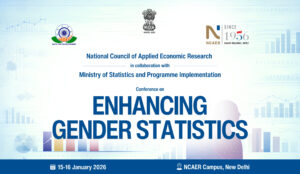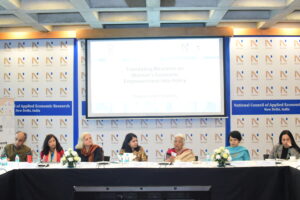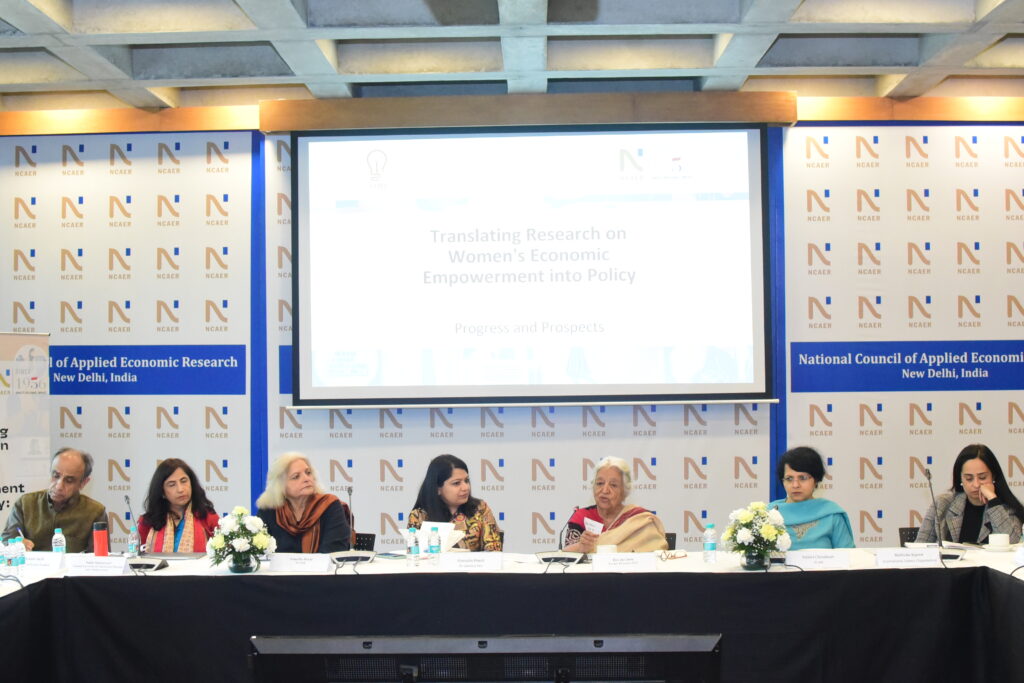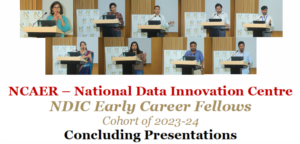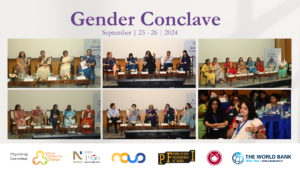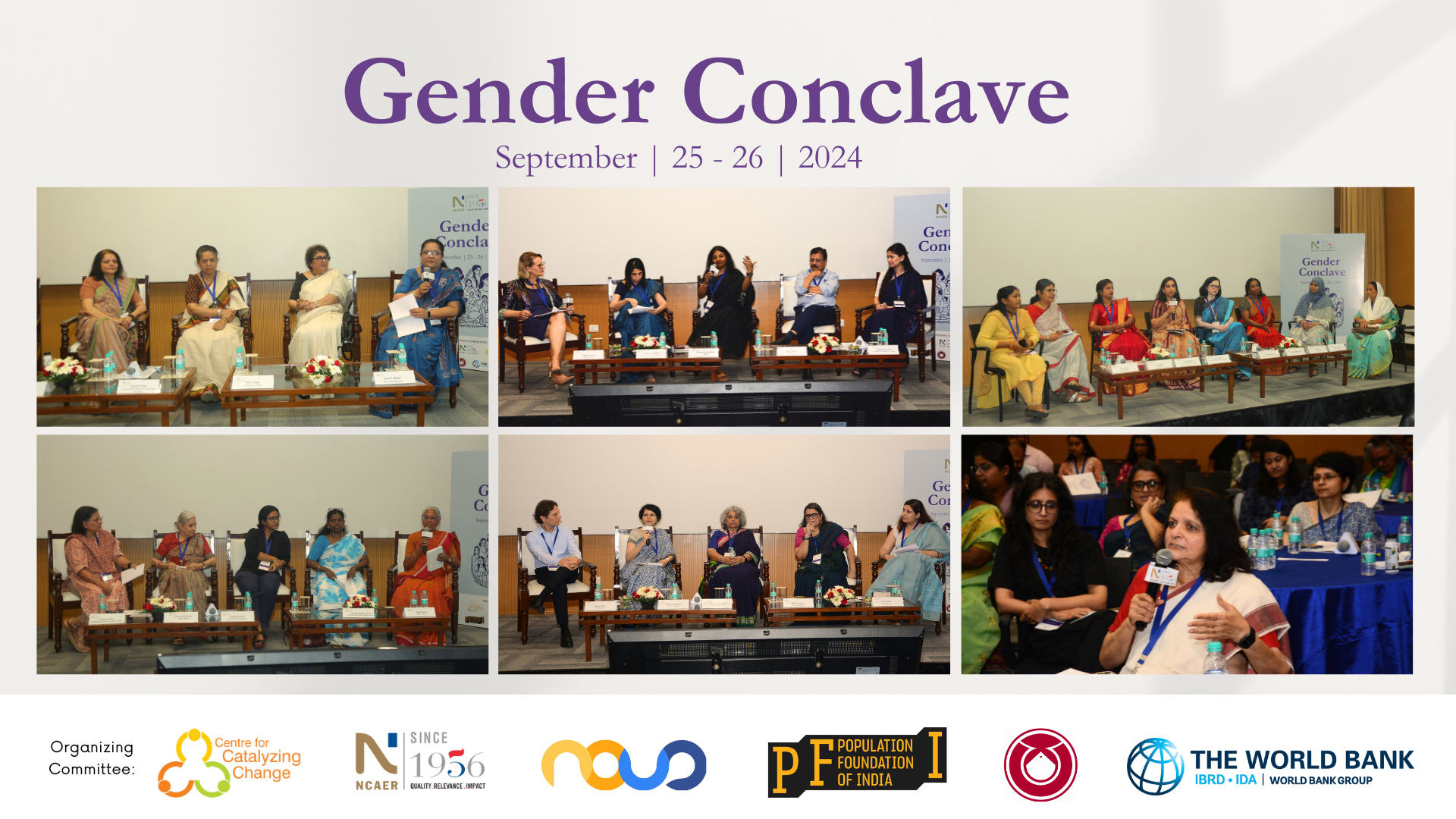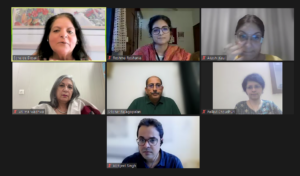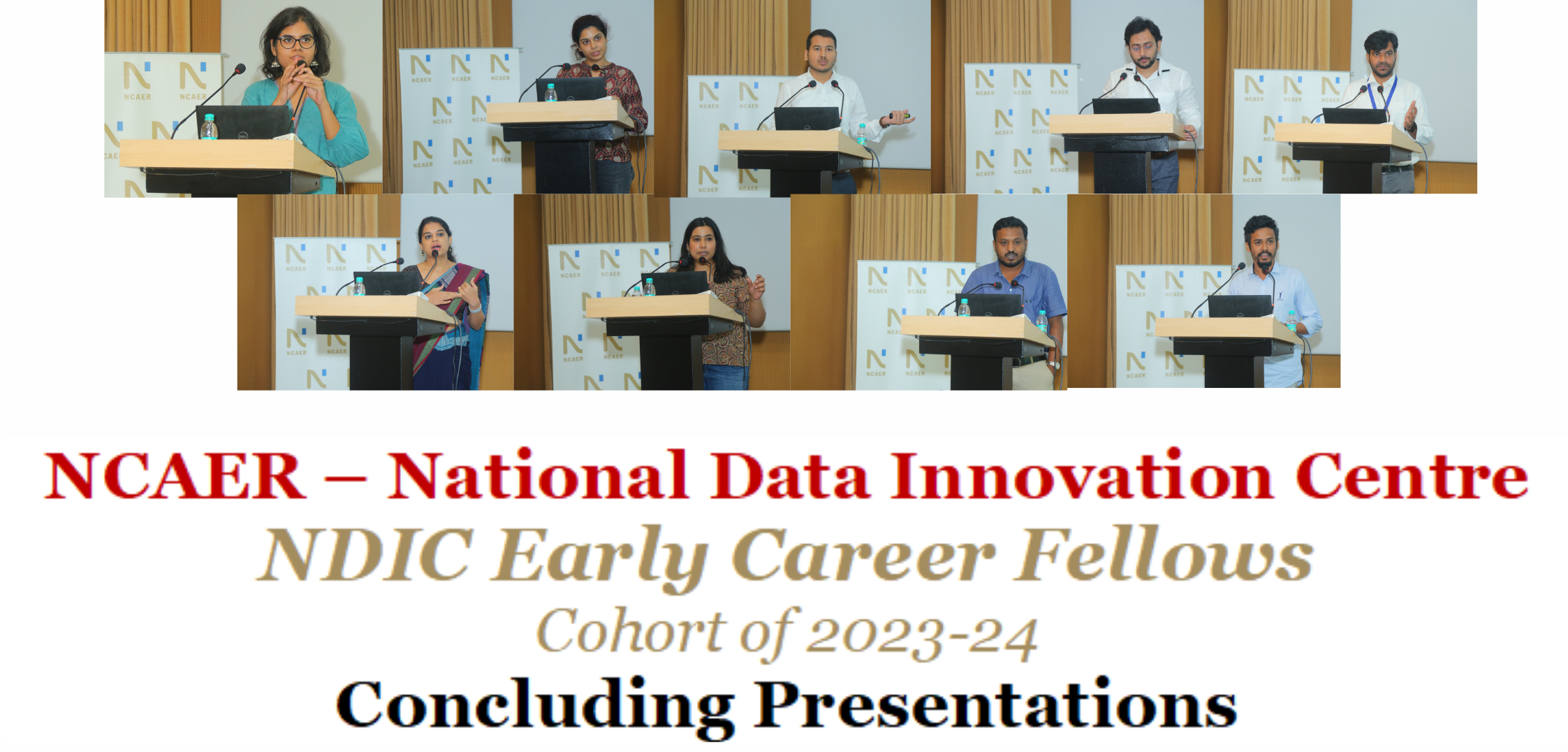
Last year NDIC initiated a non-resident early career fellows programme to help enhance the data ecosystem. These fellows received training in diverse aspects of research, including engagement with policymakers and the development of grant proposals. However, their main activity focused on research on methodological challenges using secondary data. The fellows presented their final research on September 27 in the NCAER auditorium. Details of their work is listed below:
- Looking beyond employment-unemployment: Labour utilisation and Time related underemployment, evidence from labour market experiments in India.
Nishat Anjum, Senior Research Fellow, Jawaharlal Nehru University
- Does Time Use Survey give a Higher Estimate of Women in Economic Activity?
Vijayamba R, Assistant Professor, National Law School of India University
- Measuring Leisure through Time-use: Concordance of Stylized Questions and Time Diaries?
Ashwani Tripathi, Post-Doctoral Fellow, Department of Social Sciences, FLAME University
- Timely Truths: Quality of Age Data in Large-scale Surveys; Alternate Title: From Heaps to Insights: Aadhaar’s Role in Enhancing Age Data Quality
Subarna Banerjee, PhD Candidate, Shiv Nadar Institution of Eminence
- Making sense of the slum statistics in National Sample Survey (NSS)
Dibyendu Biswas, PhD Candidate, Institute of Development Studies Kolkata (IDSK)
- Social Desirability and Interviewer’s Bias on Response to Sensitive Questions in Large-Scale Survey: An Evidence from NFHS-5
Saurabh Singh, Research Scholar, International Institute for Population Sciences (IIPS)
- Measuring Urbanization Using Global Human Settlement Layers and Gridded Population Data
Nawaj Sarif, PhD Candidate, International Institute for Population Sciences (IIPS)
- The Development and Validation of the Comprehensive Measure of Academic Success (CMAS) for School Students: A Construct Validation Approach
Usama Ghayas Syed, PhD Candidate, Indian Institute of Technology Kanpur (IIT K)
Md. Juel Rana, Assistant Professor, G. B. Pant Social Science Institute
